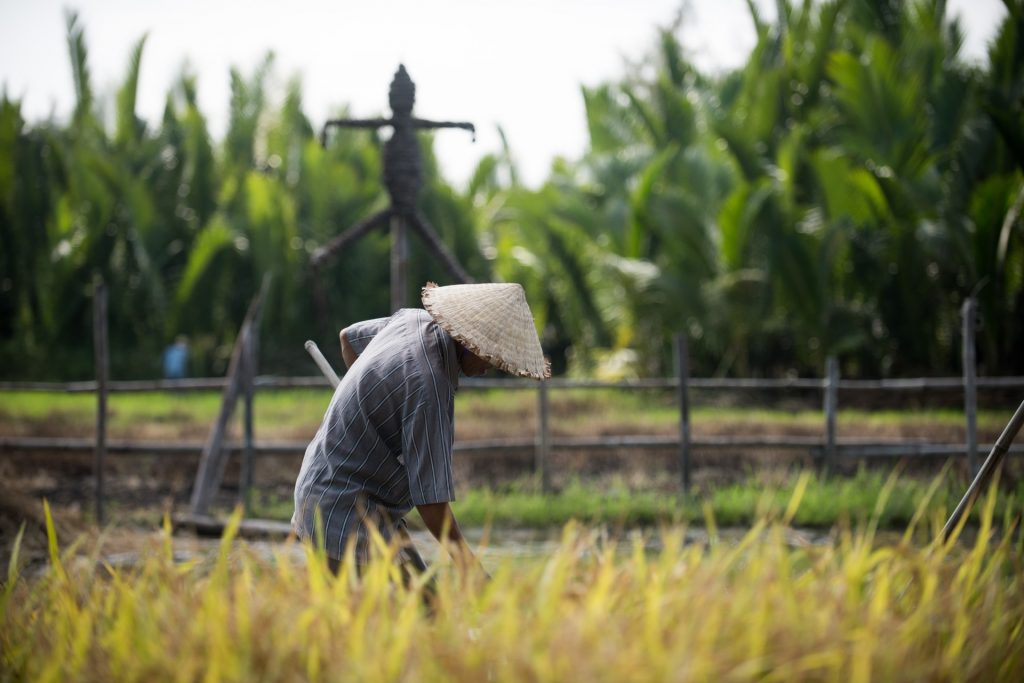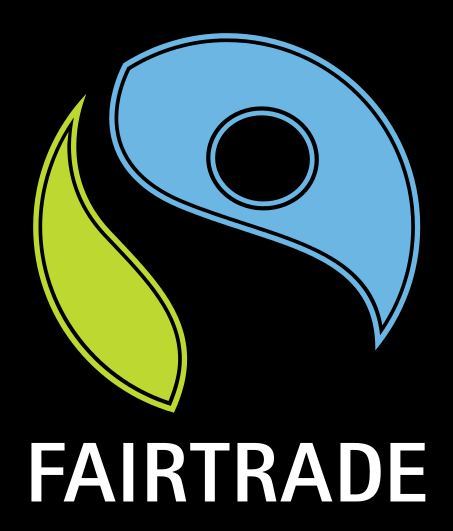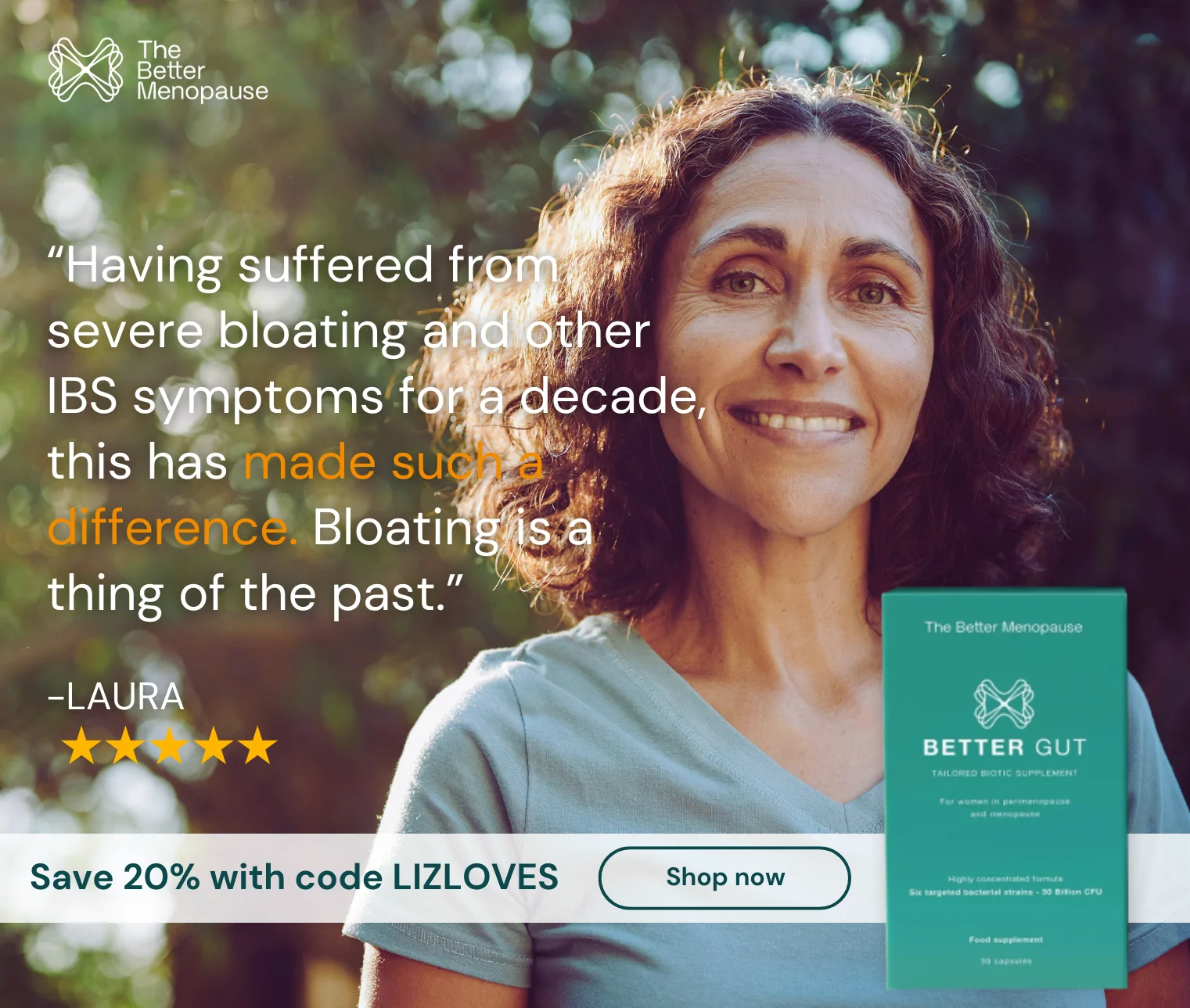Lifestyle
What is Fairtrade?

Ever wondered what Fairtrade is? Its famous logo has become synonymous with stickers on bananas and labels on coffee, but how much do you actually know about this organisation?
While many of us assume it just means a fairer deal for farmers, the Fairtrade Foundation also helps to fund community projects all over the world, creating a fairer and more sustainable world for us all to live in.
“It’s a wonderful way of rebalancing power,” says Rebecca Winckworth, founder of White and Green, a brand that makes bed linen from Fairtrade-certified cotton.
“You’re probably paying the same price for a Fairtrade product, but you know that your money is being redirected so that the producers are earning that bit more that is so valuable to them and their future.”
What is Fairtrade?
Fairtrade is an organisation that works in 73 countries all over the world, connecting some of the most disadvantaged farmers and workers with consumers. In doing so, the organisation ensures that working conditions are safe, people are paid a fair price and children are protected from exploitation.
To be certified Fairtrade, farmers must first join together to make a co-operative. This co-operative then has to comply to meet economic, social and environmental standards.
“Fairtrade audits farms and factories to ensure they meet its standards,” explains Rebecca. “It guarantees safe working environments and a minimum wage for workers.”
Once certified, farmers can expect to be paid a fair price for their produce. Fairtrade ensures that companies always pay producers a price that ensures the crop can be grown sustainably. This must never fall below market price and also gives producers room to negogiate.
Along with this minimum wage, co-operatives also receive a Fairtrade Premium that contributes towards community projects.
What is the Fairtrade Premium?
The Fairtrade Premium is an additional sum of money that’s generated through sales and goes back to communities. It’s calculated as a percentage of the volume of the produce sold. This is then put into a communal fund for farmers and workers to use as they see fit.
Representatives for the co-operative are democratically elected and they then decide how the money will be spent in projects that improve social, economic and environmental conditions.
Extra funding
While the scheme ensures that farmers and workers make a fair sum, it usually means there’s an increased cost at a consumer end. Finding companies with sustainability at their heart doesn’t have to cost a fortune though, as Rebecca explains.
“It does certainly mean that we pay more for our products to begin with, but not so much that it’s going to put us out of business,” she says. “We just make sure we take a lesser margin than what other companies would. Some bed linen companies make a huge mark up. By us being less greedy in the middle, we can still make it affordable for our consumers.”
How to buy Fairtrade

There are a huge number of products now available to buy Fairtrade, from bananas, tea and coffee, to flowers, clothes and wine. It couldn’t be easier to make your weekly shop more sustainable. There’s a staggering 6,000 products now certified.
When checking if a product is Fairtrade, look out for the logo (right). This mark ensures that the product you’re buying has met the Fairtrade goals for economic, social and environment standards. If you can’t spot the logo, check the Fairtrade website for a full list of companies.
Discover our best Fairtrade buys
Read more features like this
Listen to Liz’s interview with Rebecca Winkworth
Find out more about Fairtrade gold





